
「SHIBUYA WOMEN’S WELLNESS SCORE プロジェクト」として、9月に調査の概要版について公開しましたが、この度、調査方法、データの収集・分析、結論などを詳細に記載したホワイトペーパー本編のリリースと今回実施したネットアンケート調査のローデータ※を公開します。
※ローデータのうち、月経日数等の高度な専門性が求められるデータについては、適切な理解と取り扱いを確保するため、追加の手続きが必要となります。
今回の調査では、健康満足度という主観的な「感情的ウェルビーイングの向上」が、実際の「健康状態改善に寄与」していく可能性が示唆された一方で、健康満足度が高くても医学的な課題をもつ人がいることから、女性健康科学的アプローチ(婦人科学やスポーツ・フレイル的なアプローチ)が重要になることがわかりました。
ホワイトペーパー本編とローデーターのダウンロードはこちら
なお本プロジェクトは、【一般社団法人シブヤ・スマートシティ推進機構・ウェルネス×都市生活「SHIBUYA WOMEN’S WELLNESS SCORE プロジェクト」】の活動として実施しました。
プロジェクトにおける仮説課題とファインディングス
本プロジェクトでは仮説課題を2つ設定しました。
- ヘルスリテラシー/ウェルネススコアの低さが起因となる 「やせ」割合の増加と将来の健康リスク増大
- 健康満足度が高い層にも、医学的に課題のある層が多く存在するのではないか
これらの仮説に基づき、調査を進めた結果、渋谷女性の健康満足度は全体として高いものの、5人に1人は健康満足度が低い層に属していることが確認されました。また健康状態が良好な人ほど精神的な満足感も高くなる傾向が見られました。また、健康満足度の違いはダイエットの動機にも影響を与えており、満足度が低い層では孤独感や経済的不安が強いことが示唆されています。
一方で医学的に問題がある人が多く存在し、将来の健康リスク増大につながる可能性があることがわかります。また、健康満足度が高い人々は、身体年齢や握力といった指標においても良好な傾向が見られる一方で、健康満足度が高くても骨密度に問題を抱えている人もいることがわかりました。
渋谷ウェルネスタイプについて
健康満足度という「感情的なウェルビーイング」の高低と、医学的な問題の有無で分析 軸として4象限を設定しました。健康満足度が高く、医学的問題がない人を「ハッピーグ リーンタイプ」健康満足度が高く、医学的問題がある人を「ハッピーレッドタイプ」健康 満足度が低く、医学的問題がない人を「アンハッピーグリーンタイプ」、健康満足度が低 く、ウェルネス介入が必要な層を「アンハッピーグリーンタイプ」とします。これらを「渋谷ウェルネスタイプ」という枠組みとします。この「ハッピーレッドタイプ」の減少が今後重要なテーマとなります。
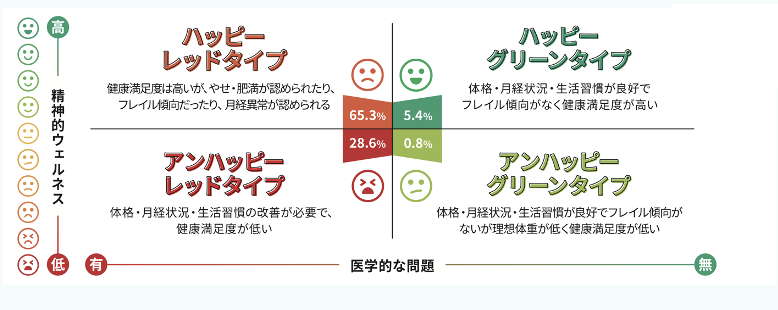
今後の活動について (Next Action)
今回の調査では、健康満足度や生活習慣に関する項目を10項目に整理し、これらを包括的に評価するためのパッケージを作成しました。対象となる10項目は、年齢、健康満足度、身長・体重、BMI、月経周期、月経日数、朝食の有無、運動習慣、睡眠時間、指わっかテストです。これらの項目に基づいて、今後は点数配分を分析し、スコア化することで、より精緻な健康評価が可能になることを目指しています。意識啓発に関しては、タイプ別のウェルネス施策の検討や、数値化した調査項目を活用した効果測定などが挙げられます。これにより、渋谷区の住民をはじめとする多くの人々の健康増進に向けた新たな取り組みが可能になると考えます。
ネットアンケート調査の結果をオープンデータ化することことにより、さまざまな人がデータを活用できるようになり、より広範な健康啓発活動や効果的なウェルネス施策の設計に寄与することを期待しています。
専門家からのコメント
坂本 優子
順天堂大学医学部附属練馬病院整形外科 小児・AYA世代ボーンヘルスケアセンター センター長/慶應義塾大学SFC研究所 健康情報コンソーシアム 大学発!骨と情報の専門家集団「TeamBONE」代表
本調査の対象者のうち、健康満足度低層のBMIが17.2kg/m2と「やせ」の領域であったことは、骨の健康の面でも問題である。実際に30代の30%、40代の40%が「要精査」レベルだったことは驚きの結果だった。本調査は超音波装置を使った検査であり、骨粗しょう症の診断基準として採用されるレントゲンを使ったDXA法ではないため、あくまで推定値ではあるが、全国的に40代から5年ごとの骨粗しょう症検診を行うことが推奨されている。しかし、40代の検診率は低く、30代は対象ではないのが現状である。渋谷区の若年女性の骨粗しょう症予備軍は早期に診断し、生活習慣を変えるなどの対策を行えば、骨粗しょう症の予防は十分に可能と思われる。骨粗しょう症検診を実施していない渋谷区の早急な対応策が必要だと感じた。
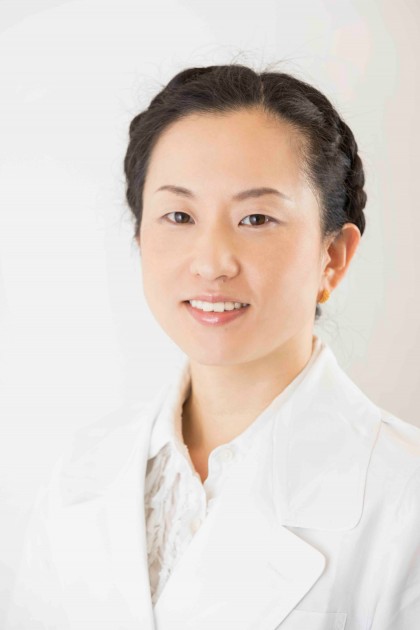
田中 雅博
社会医療法人三和会 りんくう永山病院 リハビリテーション科 永山病院 整形外科 骨粗しょう症センター長/慶應義塾大学SFC研究所 健康情報コンソーシアム 大学発!骨と情報の専門家集団「TeamBONE」専門家メンバー
日本における骨粗しょう症による足の付け根の骨折は、年間約20万件ある。50歳以上の女性の3人1人が腰の骨を折り、5人に1人が足の付け根を折る現状がある。自覚症状の乏しい骨粗しょう症においては、骨粗しょう症を原因とする転倒や骨折、寝たきりの予防のため、65歳以上の女性、70歳以上の男性の方には骨密度検査をお勧めしているが、30代及び40代の渋谷女子の骨密度測定結果を鑑みると、要精検を必須とする方々が多く驚いている。若年女性においても早急な骨粗しょう症検診実施が望まれる。
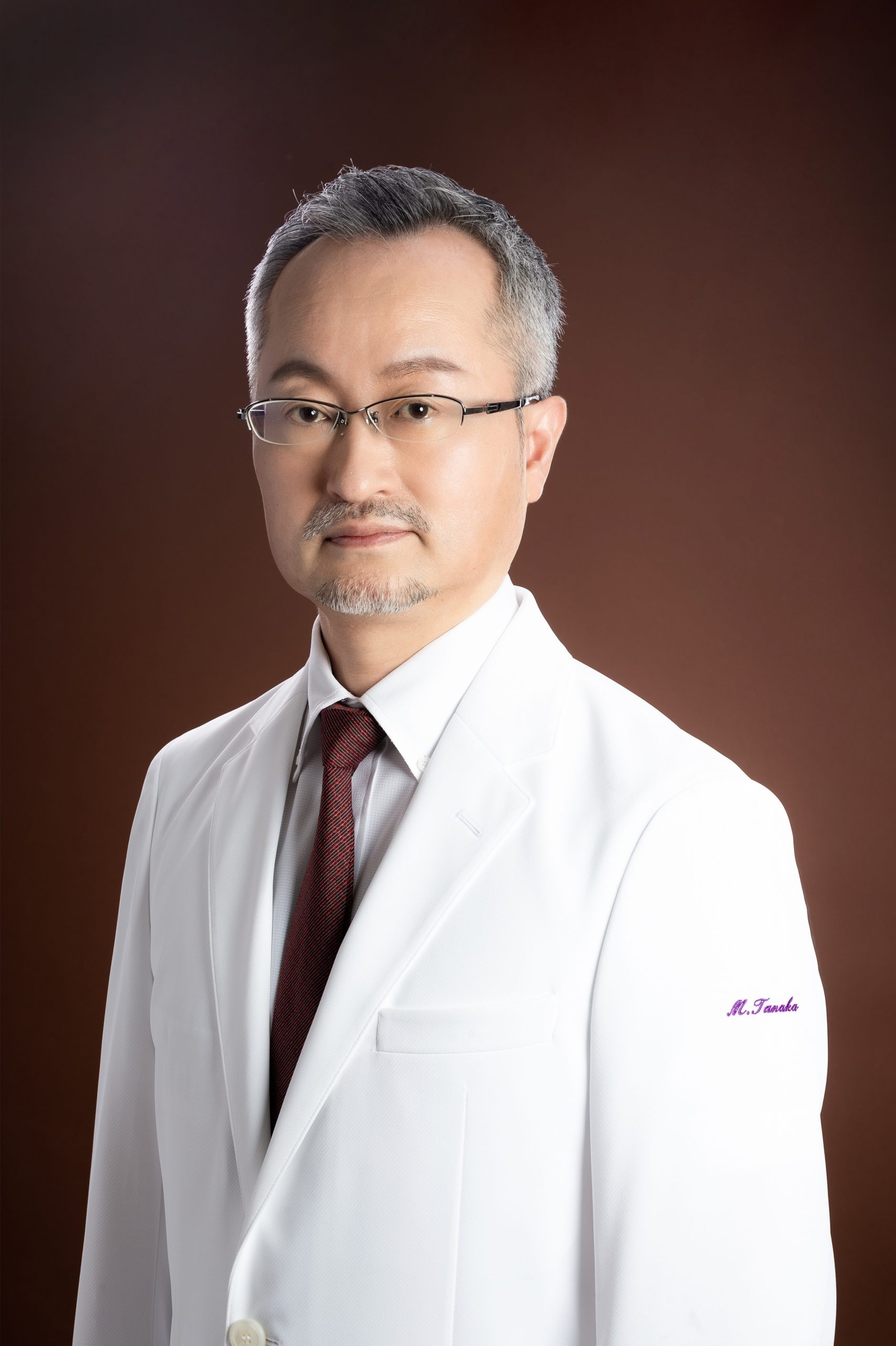
古川陽介
医療法人社団 飛翔会 福山整形外科クリニック 院長/慶應義塾大学SFC研究所 健康情報コンソーシアム 大学発!骨と情報の専門家集団「TeamBONE」専門家メンバー
渋谷女性 40代の骨密度要精検率は50.6%であり、2022年の全国40〜44歳女性の調査結果2.5%、45〜49歳女性の調査結果2.9%(公益財団法人 骨粗鬆症財団調査)に比べ、20倍以上の結果であることに大変驚いた。骨粗しょう症検診の目的は、無症状の段階で骨粗鬆症及びその予備群を発見し、早期に介入することである。将来の骨粗しょう症性骨折患者の減少、健康寿命の延伸のためにも、渋谷区では若年期からの骨粗しょう症検診の実施と受診率向上のための啓発を進める必要があると思われた。
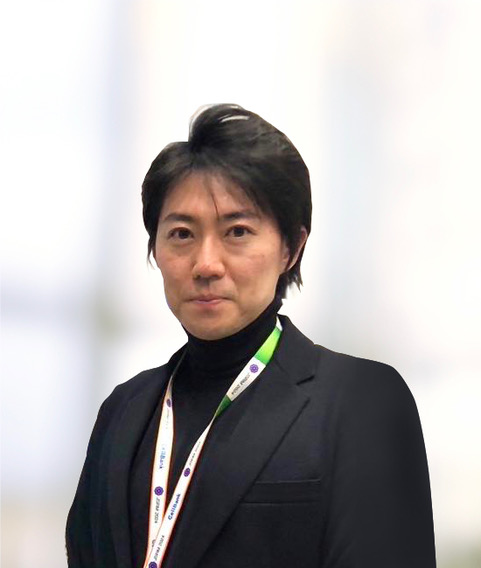
佐藤 雄一
産科婦人科舘出張 佐藤病院 院長 佐藤病院グループ 代表 /慶應義塾大学SFC研究所 健康情報コンソーシアム 女性の健康の研究・啓発チーム「TeamROSE」代表
女性が生涯を通じて、情緒的に豊かで身体的に健康でいるためには、一人ひとりの行動やからだと心の状態を見える化し、婦人科的なサポートを受けていくことが大切である。「SHIBUYA WOMEN’S WELLNESS調査2024」において、それらが調査・分析され、見える化されたことは素晴らしいことである。特に若年女性のやせは、排卵障害(月経不順)や女性ホルモンの. 分泌低下、骨量減少と関連する。今後、これらの項目や包括的なウェルネス調査の結果を、ライフステージごとに劇的に変化する女性ホルモンの特性のみならず、個人のライフスタイル、食事・運動を踏まえた産学官民医連携の女性の健康施策としてモデル化することを期待する。
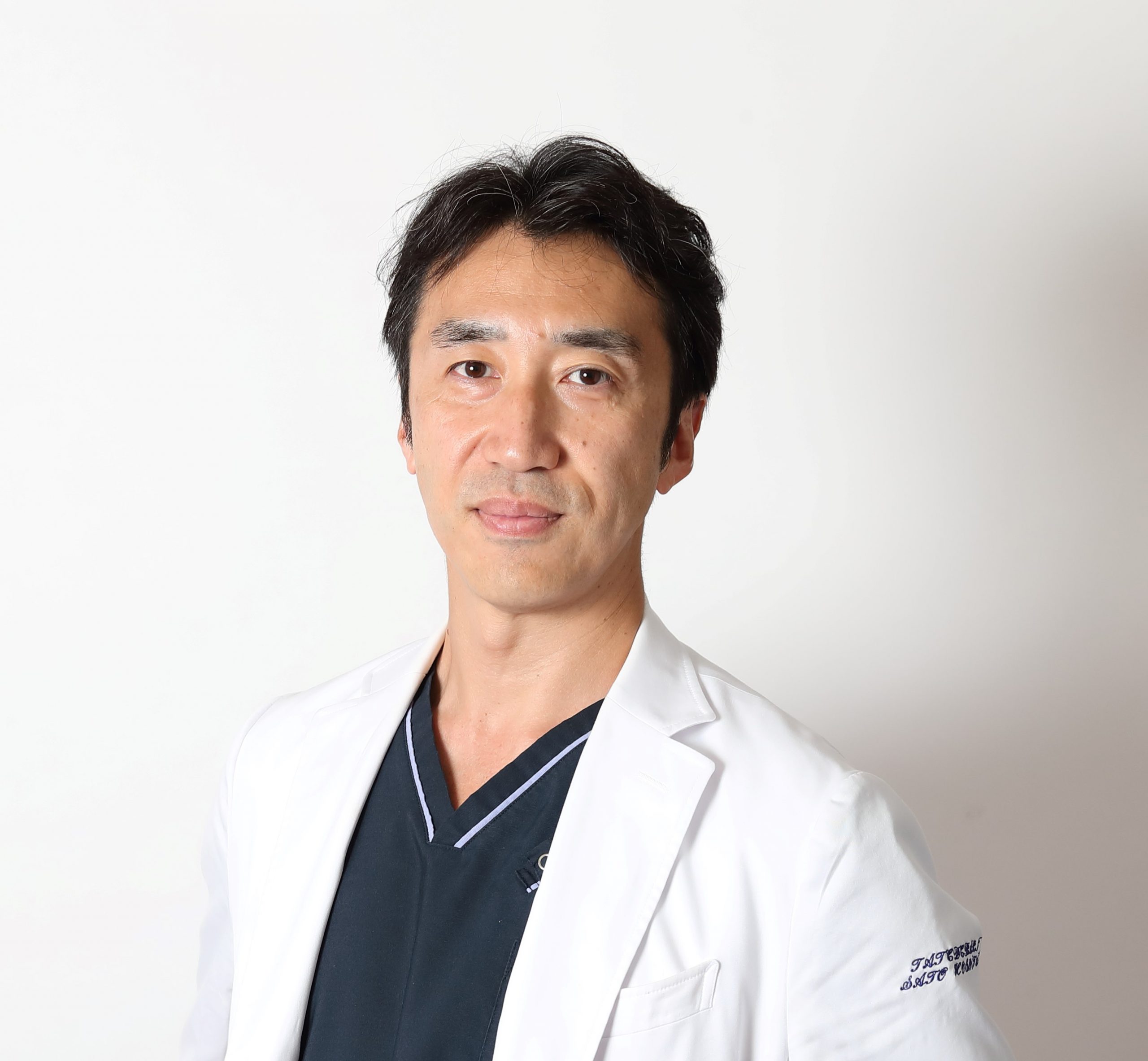
井上 従子
(社福)二葉保育園理事長 元神奈川県健康・未病担当局長 慶應義塾大学SFC研究所上席所員
「ちょっとおしゃれしてステキな街並みを歩いてみたい」女性の気分がアガる、ファッショナブルタウン・シブヤ。そんな渋谷での今回の調査結果は大変ショッキングです。30代女性のほぼ3人に1人に骨密度の不安があり、骨粗しょう症や不妊症の潜在的リスクを抱えた予備軍かもしれない。そして、その背景には「痩せ過ぎ」が・・。メタボ健診の影響もあり「スリムなほど健康」との思い込みやダイエット志向などに潜む危険を正しく理解して、ウェルネスを高めていくためには、区内の企業で働く女性への「健康経営」からのアプローチも期待されますし、世界的に超有名なデザイナーズ・トイレに簡易骨密度測定器を設置するなどもインパクト大と思われます。景観デザインとともに社会デザインを導入し、ファッショナブル&ウェルネスタウン渋谷が実現されることは、日本の女性全体にとっての希望とモデルになるでしょう。
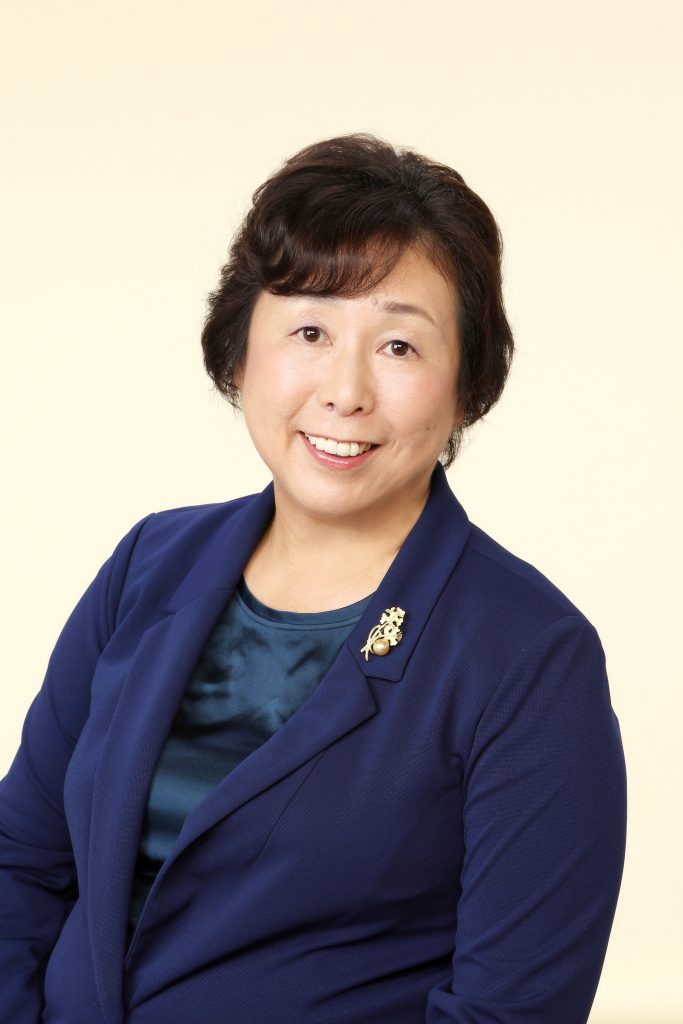
「SHIBUYA WOMEN’S WELLNESS SCORE プロジェクト」とは
『渋谷関係人口層※(渋谷に住む人、働く人、学ぶ人、訪れる人など)一人ひとりのウェルビーイング を高める、都市生活における健康な行動・ライフスタイルとは何か?』今後の“渋谷モデル”を共創するために、社会課題となっている「女性への健康支援」に対し、渋谷らしいウェルネス像を模索します。
渋谷における若年女性のからだと心の状態や地域社会を含む全体的な幸福を伴う健康状態と意識を調査を実施し、渋谷らしいウェルネス像の定義化、及び渋谷女性のウェルネス意識・実態の可視化をすることで、最終的には、渋谷で活動するすべての女性が生涯にわたり活躍できるウェルビーイングな社会実現に向けた施策検討や基礎データとして活用することを目指していきます。
プロジェクトの背景
このプロジェクトの背景には、女性の健康課題に対する関心の高まりや、包括的なウェルビーイング社会の実現が求められていることがあります。日本では、健康教育やプレコンセプションケア(男女ともに性や妊娠・出産に関する正しい知識を身に付け、健康管理を行うよう促すこと)に関する教育が国際標準に達しておらず、ヘルスリテラシーが低いことが課題とされています。また、痩せすぎの女性の増加と、それに伴う低出生体重児の増加が深刻な問題となっており、若年女性の健康改善が急務になっています。
プロジェクトにおけるウェルネスの定義と調査方法
本プロジェクトでは、「ウェルネス」を健康に関する感情的・身体的にウェルビーイングな状態で、からだ・心・地域社会を含む全体的な幸福を伴う健康状態と定義しました。感情的なウェルビーイングとして自分の健康に満足しているかの「健康満足度」と身体的なウェルビーイングとして「生活習慣」「ライフスタイル志向」「月経状況」などの項目を調査しました。
調査方法としては、渋谷関係人口層の20〜40代女性を対象にしたネットアンケート調査とイベント時における来場者の20〜40代女性を対象とした実査およびアンケート調査を実施しました。
「わたしたちのウェルネスアクション」プロジェクトとの連携
渋谷を中心に「女性が自分の健康や体と向き合い、周りと繋がって自分を大切にしながら“自分らしく”生きられる社会」を目指して活動している渋谷未来デザインの「わたしたちのウェルネスアクション」プロジェクトとして社会課題やこれからの都市の可能性をテーマに、渋谷区や関連団体と共に構想するプログラムであるSOCIAL INNOVATION WEEK 2024でトークセッションを展開しました。アーカイブを公開しています。
<生理の貧困を超えて〜女性の健康とリテラシーを当たり前に支える社会へ〜>
杉浦小枝 (渋谷区副区長)
遠藤祐子 (社団法人MASHING UP 代表理事、株式会社メディアジーン執行役員)
森田由紀 (公益財団法人ジョイセフファンドレイジング推進統括リーダー)
長田新子 (SIW エグゼクティブプロデューサー)
アーカイブ https://www.youtube.com/watch?v=rP9uWM3QHys
コロナ禍をきっかけに浮き彫りとなった「生理の貧困」を始め、女性の健康やセルフケアリテラシーにする様々な課題や現状に焦点を当て、渋谷に集う多様なメンバーの共創によって何が実現できるのかについてオープンに議論します。「女性の健康とリテラシー」が社会の一部ではなく、当たり前に存在する価値として認識されるよう、理解と支援の輪を広げていくために地域社会、行政、企業、メディアは何を果たすべきなのか?それぞれの役割を具体的に考え、”渋谷”ならではの感性で、誰もが安心して活躍できるインクルーシブな環境を築くための一歩を共に探ります。
<渋谷発!わたしたちのフェムテック>
松澤香(渋谷区副区長)
杉本亜美奈(fermata 株式会社 CEO)
長田新子 (SIW エグゼクティブプロデューサー)
アーカイブ https://www.youtube.com/watch?v=gdcXM953w3M
行政・企業・個人、一見すると異なるインセンティブをもつ立場の人々が、健やかな未来のためにできることとは? 国内外で活躍するオピニオンリーダーたちが、それぞれの視点から、渋谷で考える「これからのフェムテック」を議論します。
〈Run your way. 渋谷の女性にスポーツができること〉
小澤真琴 (株式会社ニューバランスジャパン マーケティング部PR&DIGITALマネージャー)
兼島奈々 (株式会社アールビーズ)
三原勇希 (タレント/ランニングコミュニティ GO GIRL主宰)
赤荻瞳 (シブジョ校長)
秋葉直之( 一般社団法人ピックアッププレイグラウンド 代表理事 / 一般社団法人谷未来デザイン プ ロデューサー)
アーカイブ https://www.youtube.com/watch?v=LIFnbWfQVAg
スポーツをする人・支える人・応援する人といった多様な立場で活躍する方々が登壇し、「渋谷の女性にスポーツができること」についてディスカッション。渋谷における過去の活動を振り返りながら、渋谷のウェルネスなスポーツ・ランニングコミュニティの構築に向けたこれからのアクションを考えます。
わたしたちのウェルネスアクションについて
女性が心身ともに健やかに自分らしく生きられる社会を目指し、渋谷から世界に向けて女性の健康課題解決やウェルネス向上のために活動する事業。2022年3月に「Women’s Wellness Action from Shibuya」として発足し、2024年4月からは”性別や年齢・文化などの垣根を超えてよりボーダレスに皆で女性のウェルネス向上に取り組みたい”という趣旨から事業名を変更。事業に賛同する個人や企業と連携した啓発活動や渋谷を中心としたイベントの実施によるコミュニティの拡大、渋谷未来デザインの事業や関連イベントとの連携を通したメッセージ発信を展開している。https://womens-wellness-action.com/

